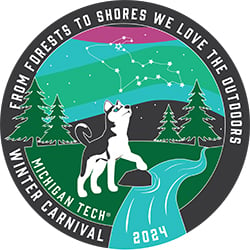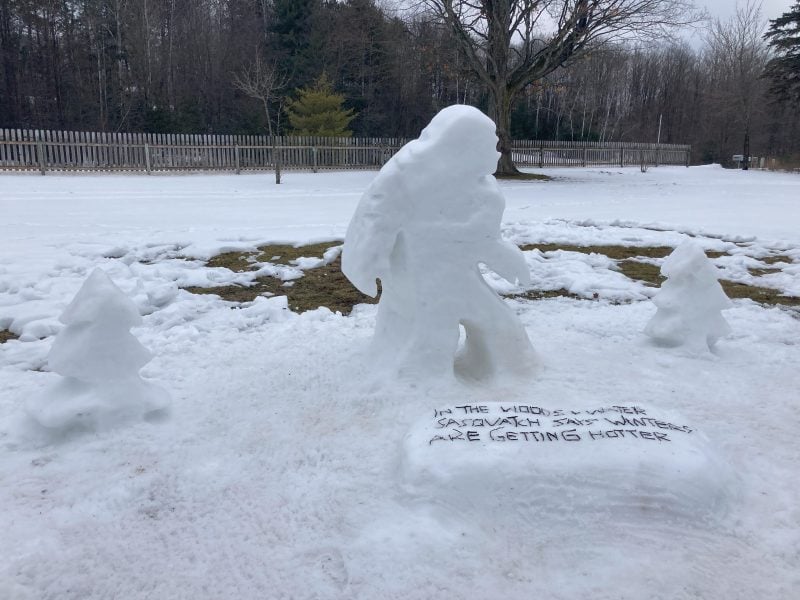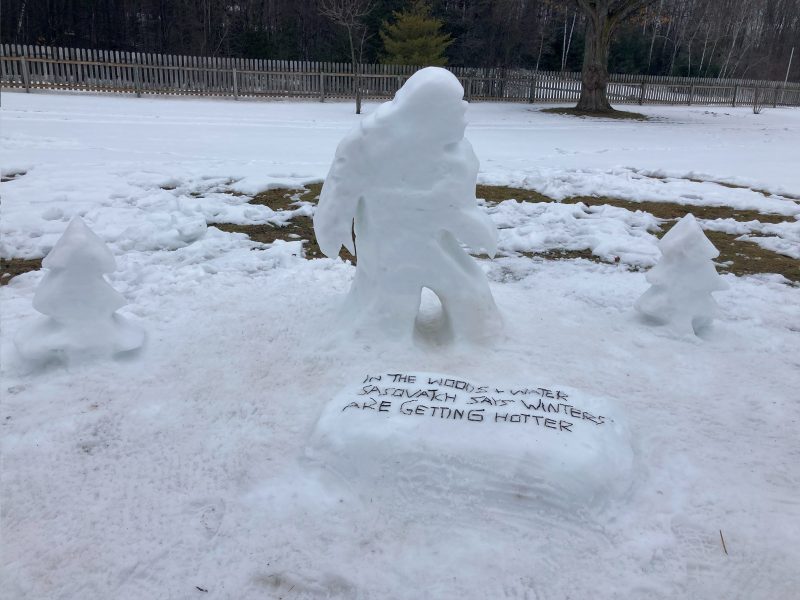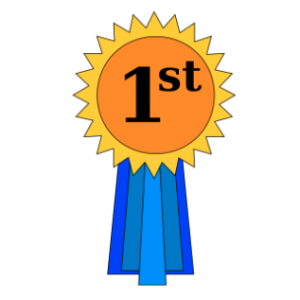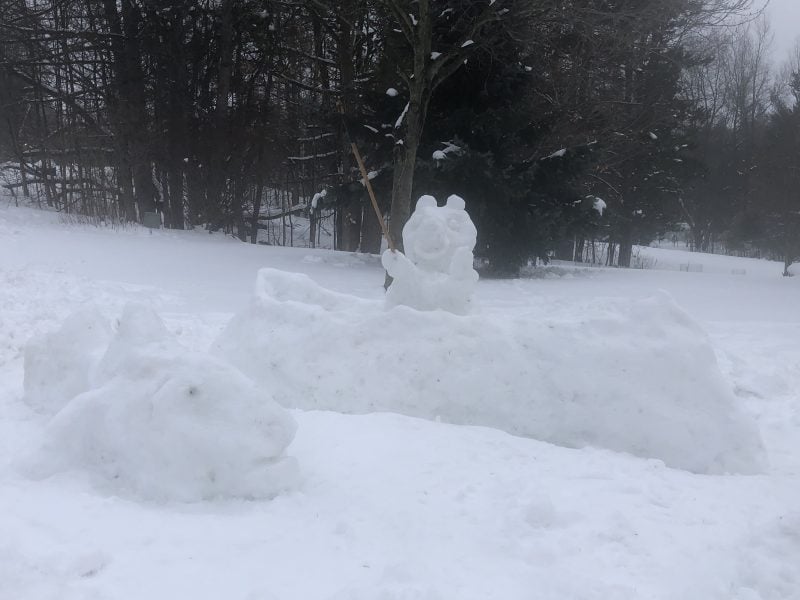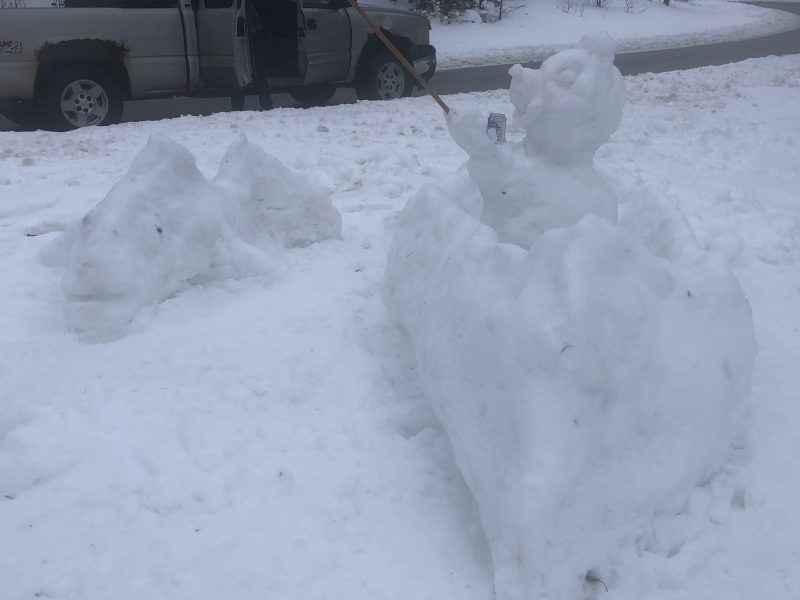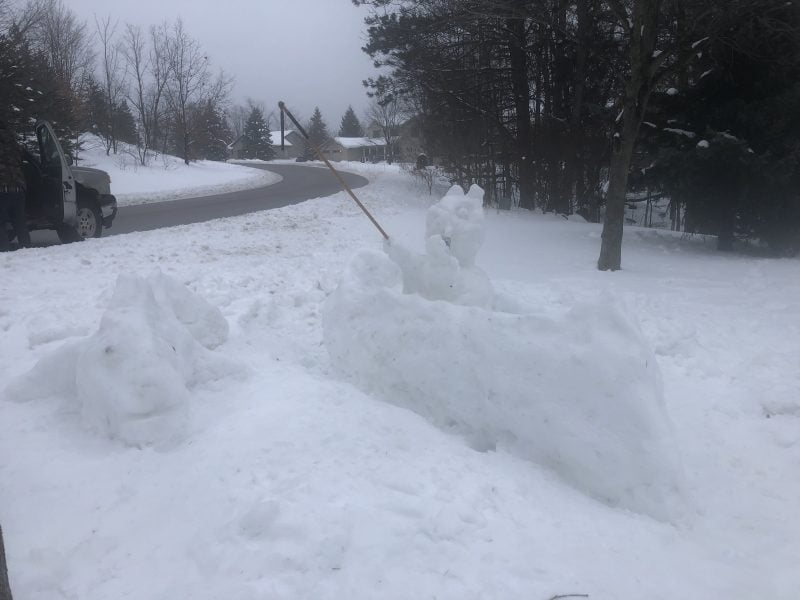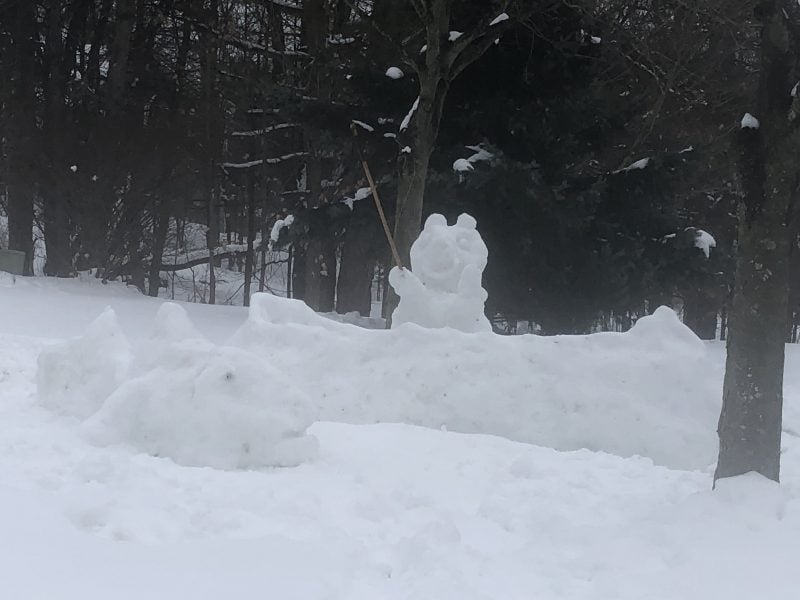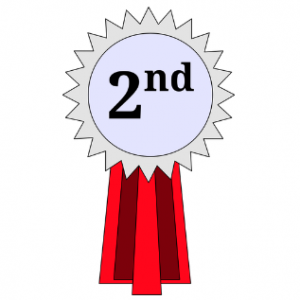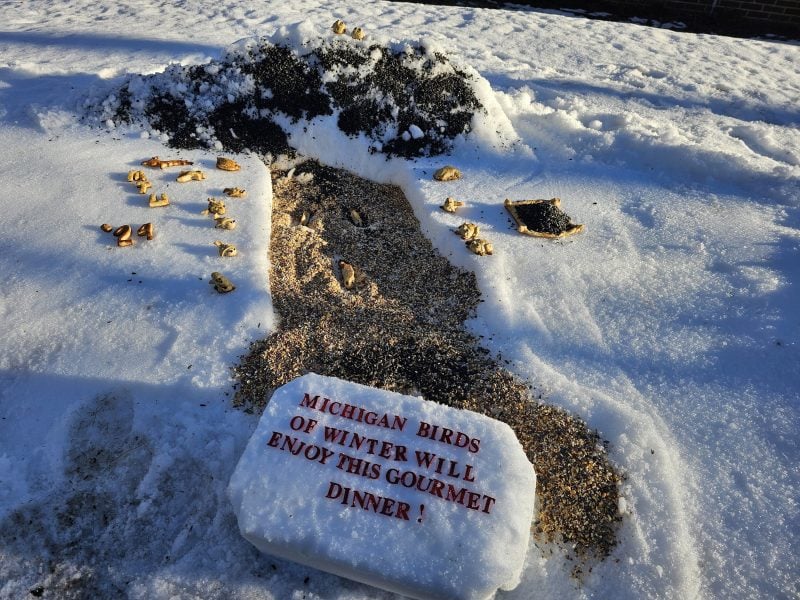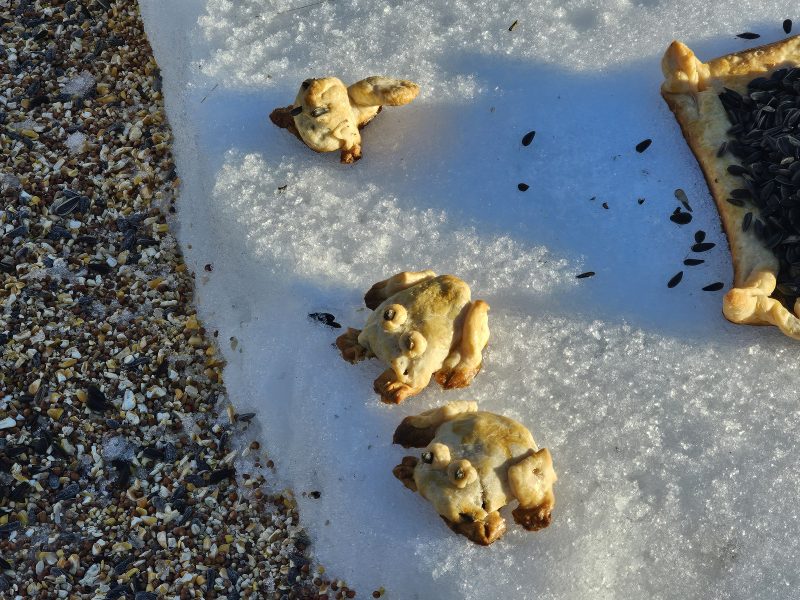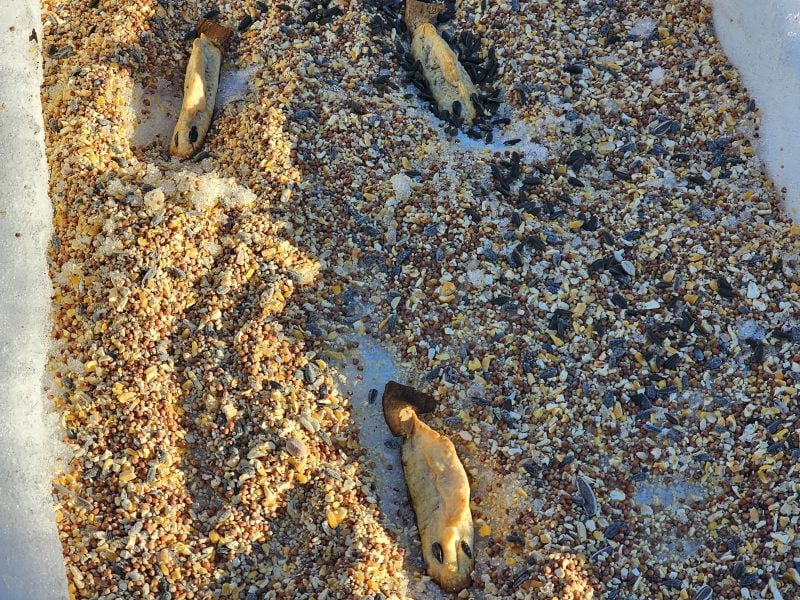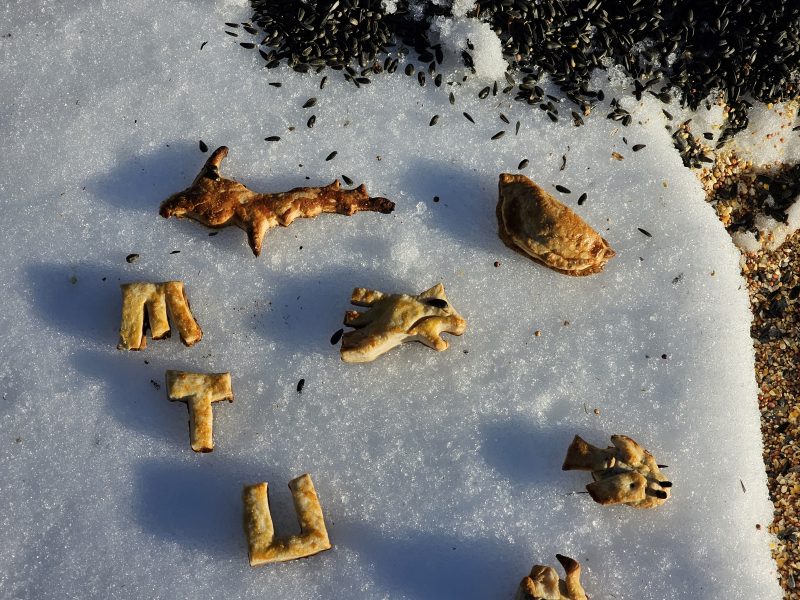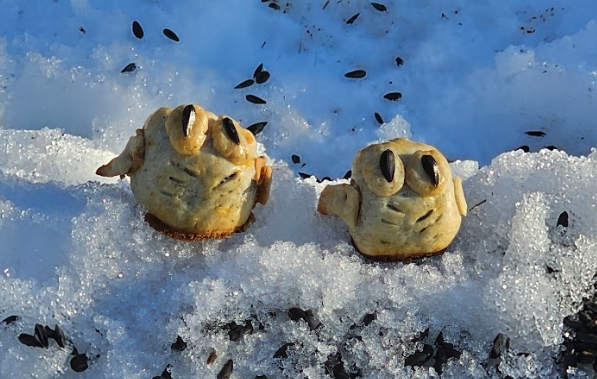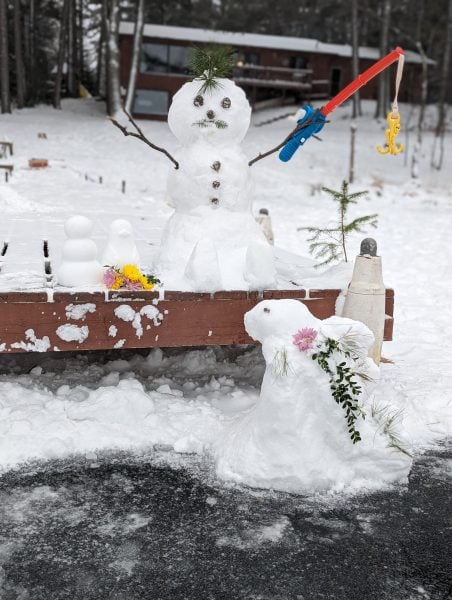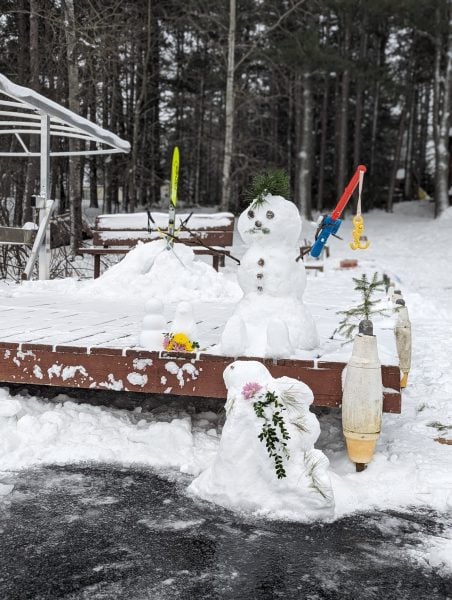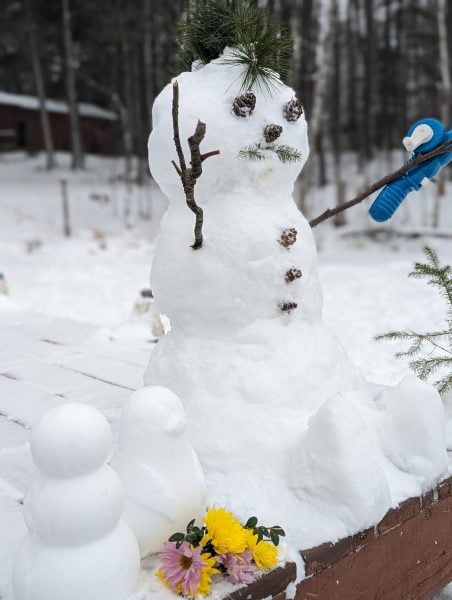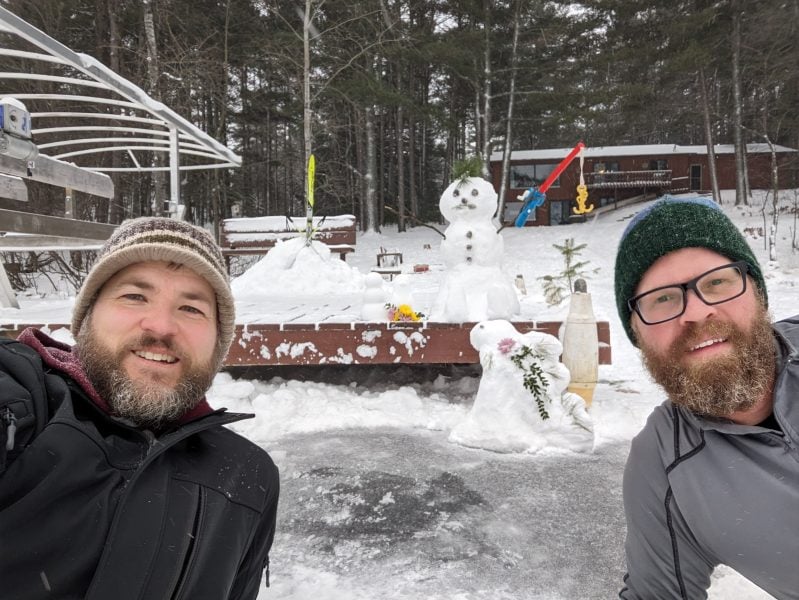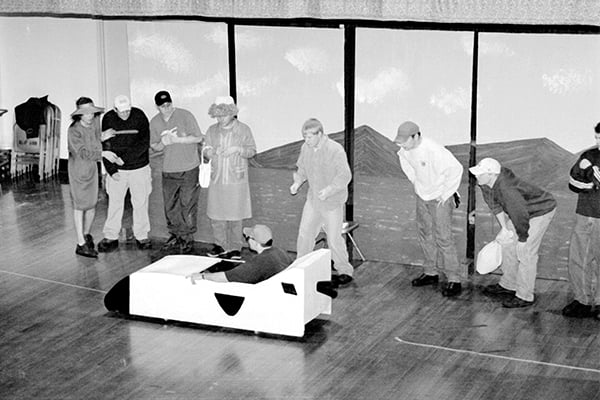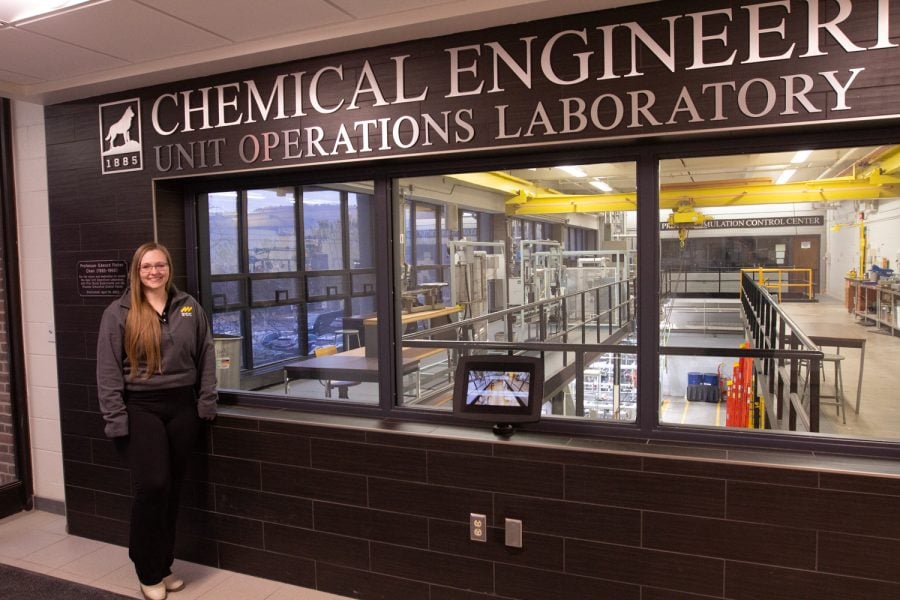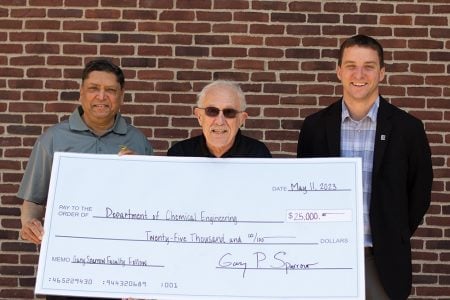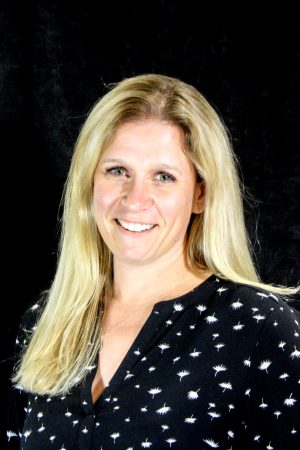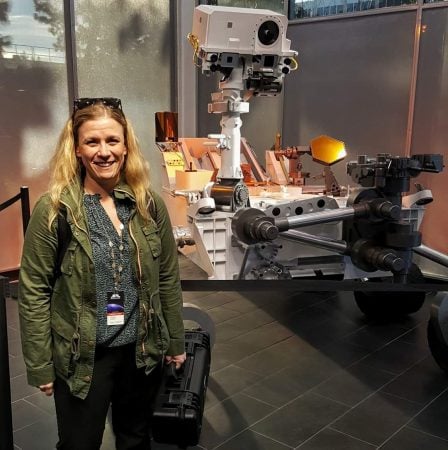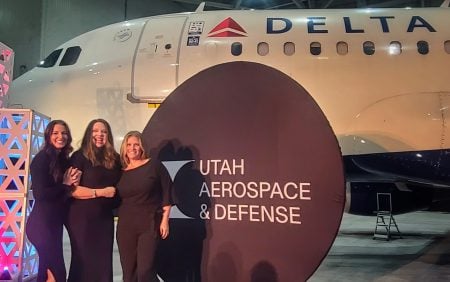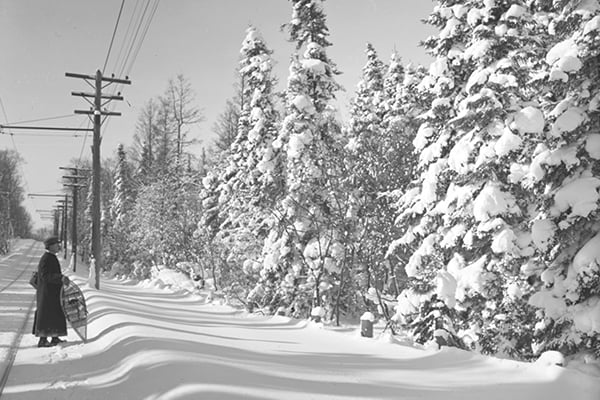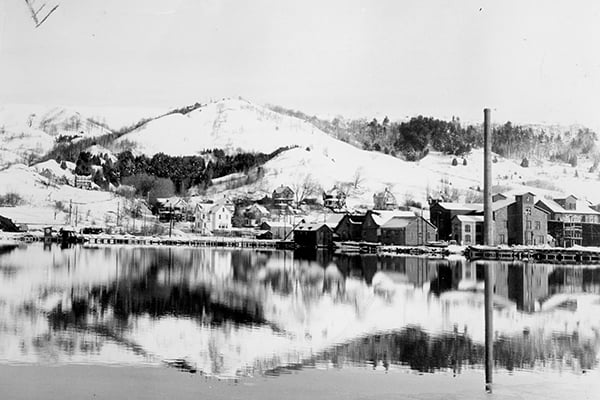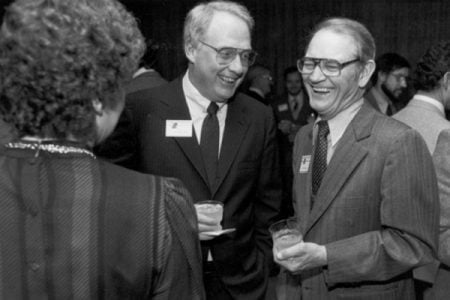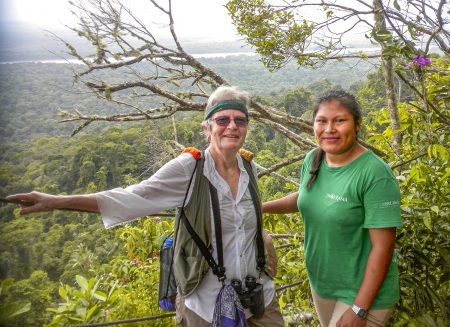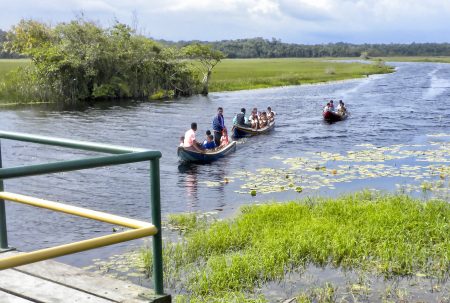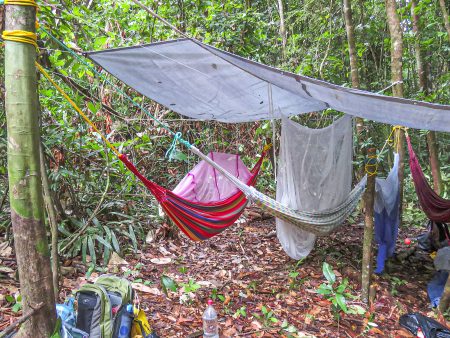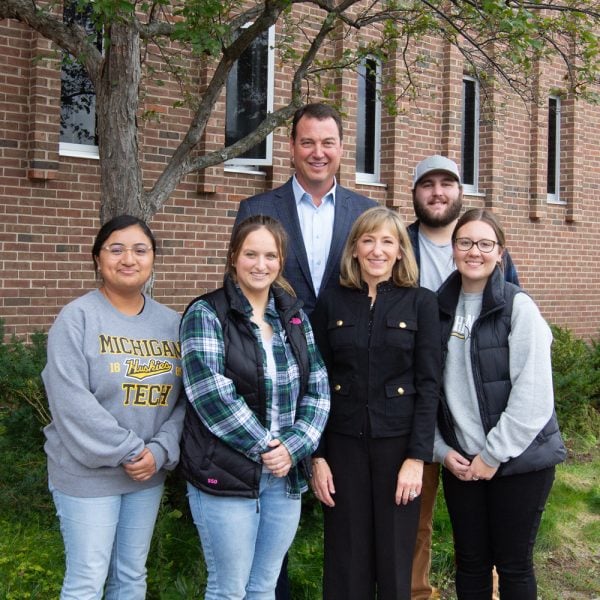
Pictured (l-r): Aracely Hernandez-Ramos, Skylar Spitzley, Michael Pulick, Elizabeth Pulick, Joe Dlugos, and Sara Goheen.
When you think of Michigan Technological University, there is one tradition that stands out amongst the rest: Winter Carnival. Its reputation is second only to the University’s outstanding academic reputation and job placement rate.
Winter Carnival is organized and run by Michigan Tech’s premier student leadership organization, Blue Key National Honor Society. Blue Key’s mission at Tech is “to organize and coordinate Winter Carnival in a fair and equitable manner to serve the surrounding community.” The organization strives for excellence in academics, development of leadership, and service to the community. Student volunteers in Tech’s Blue Key chapter put their leadership acumen on display every year as they successfully plan, fundraise, organize, and execute the University’s most time honored tradition.
While the lack of snow certainly made this year’s edition historic, Blue Key and Michigan Tech had another milestone reason to celebrate Winter Carnival 2024. Blue Key recently received a generous gift from Elizabeth (Schumacher) Pulick ’88 and Michael Pulick ’86. The former Blue Key members know how important the student experience is to Michigan Tech Huskies. They wanted to make a gift to Michigan Tech that supported all students and the community by endowing Winter Carnival. The funds Blue Key will receive from the endowment will go directly to supporting the annual costs of putting on a major community event plus a scholarship for the Blue Key president.
“Blue Key was special for me,” said Elizabeth. “It allowed me to be a leader and hone those skills working with people.”
Michael added, “Blue Key put me into situations like managing a budget and meeting with community leaders and the media. It was pressure that I hadn’t felt before. It was a lot of work and a lot of fun.”
“This was a genuine surprise and absolutely wonderful,” said Joe Dlugos, a senior environmental engineering student and current president of Blue Key. “This gift will not only help Blue Key, but everyone who enjoys Winter Carnival.”
“We will be able to provide students with scaffolding, shovels, and lighting for snow statues,” said Dlugos. “We have plans to add fire pits for people to stay warm during the all-nighter. The possibilities are endless, and we couldn’t be more grateful to the Pulicks for their support.”
The Pulicks credit their experience in Blue Key and as Michigan Tech students for amplifying their personal growth. “We always talk to others about how special Tech is,” said Michael. “We want Winter Carnival to go on forever, and hope this gift takes some of the pressure off of students in Blue Key.”
Elizabeth echoed the sentiments. “We are really passionate about the student experience and wanted to pay back what we received. We’re excited to help Blue Key make Winter Carnival better for the whole community.”
Annually, Winter Carnival occurs the second weekend in February with events including snow statues, broomball, stage revue, royalty competition, human dog sled races, and Michigan Tech hockey. The event not only brings students, alumni, and the community together, but it also has a considerable economic impact on the Keweenaw.
Laura Bulleit, vice president for student affairs, underscored the significance of Blue Key and Winter Carnival. “The impact of Winter Carnival isn’t limited to just a fun weekend for our students. It’s so much more than that. It is a major draw for alumni, families, and tourists, and has an enormous impact on our local economy. Very few student organizations have the opportunity to plan and execute something as large as Winter Carnival. To know that it’s our students, and not faculty and staff, who are behind all of this really highlights the capability and excellence of our Michigan Tech students.”
Blue Key has put on Winter Carnival for 90 years. The Pulicks’ gift helps ensure that Blue Key has the resources to continue the tradition into the future.
“This endowment will preserve one of Tech’s most well-known traditions in perpetuity,” said Bill Roberts, vice president for advancement and alumni engagement. “I’m so glad the Pulicks have led the way with this gift that will ensure Winter Carnival for generations to come.”
Michigan Tech’s endowment is a collection of funds which were given by donors to provide support to Michigan Tech in perpetuity. When an endowment gift is received, it is placed in a long-term investment fund. The investment returns generated from that principal are used on a continual basis while the principal is preserved for the future. The endowment provides the University with future financial stability.
Others may join the Pulicks to further support the Blue Key endowment with a one-time or annual gift. Those interested can contact the Office of Gift Planning at 906-487-3325.
